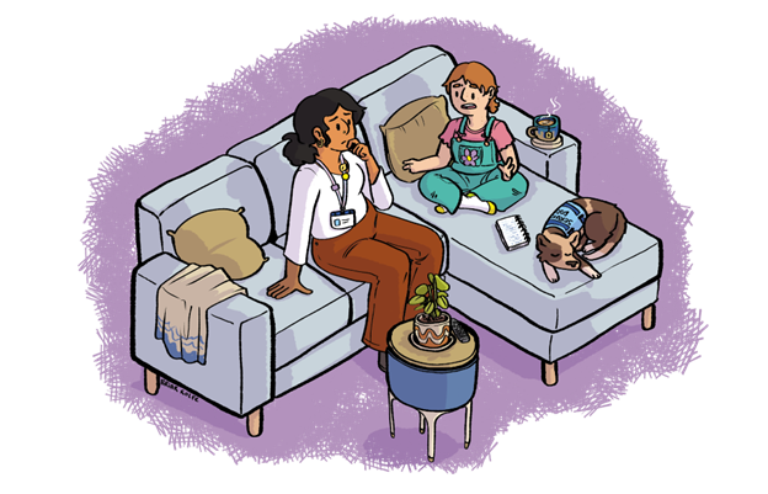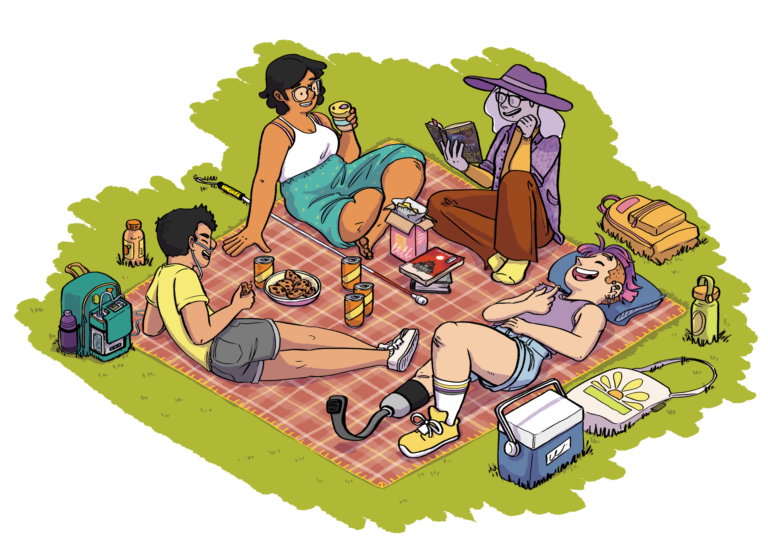NDIS service providers

A website for NDIS service providers and workers who support disabled young people.
As an NDIS service provider or worker, you have a responsibility to uphold the rights of disabled young people and ensure they feel safe, respected, and heard.
This hub is designed to support NDIS service providers and workers by outlining your responsibilities, sharing best practice ways to support disabled young people, and guiding effective communication and complaints processes to ensure young people feel safe and heard.
Why supporting disabled young people is unique—and why it matters
Supporting disabled young people is not the same as supporting disabled adults or non-disabled young people. It’s important to understand that being both young and disabled creates a unique set of experiences, strengths, and challenges.
Disabled young people are developing their identities and independence while navigating systems that aren’t always built with them in mind—like school, work, health care, and the NDIS. They may face barriers to being heard, taken seriously, or included in decisions about their own lives.

That’s why NDIS service providers and workers need to tailor your services for disabled young people. Good supports should:
- Respect disabled young people’s rights and choices
- Support their growing independence
- Centre their voices and empower them to speak up
- Build confidence and self-advocacy skills
- Recognise how age, disability, and other identities (like culture or gender) interact
Explore this site to improve how you work with disabled young people.
Sections and topics
Click on a section below to begin. You will find more pages and information within each section. You can also navigate to each page using the top menu.
Topics include:
-
Responsibilities as an NDIS service provider
Learn about your responsibilities as an NDIS service provider when supporting disabled young people. -
Best practice ways to support disabled young people
Discover practical approaches that put disabled young people's rights, needs, and voices at the centre of your support. -
Communicating with disabled young people
Learn how to communicate with disabled young people in ways that are more accessible, inclusive and empowering. -
Complaints processes for disabled young people
Learn how to design an accessible, youth-friendly complaint process, so disabled young people feel confident to speak up and raise concerns. -
Disabled young people's stories
Gain insights from disabled young people’s real-life experiences to better understand how to provide safe, respectful, and empowering support.
Resources to support you
Throughout this website you will find:
- Videos: Learn directly from disabled young people as they share their experiences.
- Interactive tools: Access templates and checklists to help you improve your complaint processes and make sure your services are inclusive.
- Training materials: Find shareable resources for staff, covering key areas such as accessible communication and disability pride.
- Best practice guides: Access information to help you implement best practices when supporting disabled young people.